
Elizabeth Jefferson, PhD, CIC: “You have to really pay attention and make sure that it [Candida auris] stays contained so that you don’t have an outbreak. It just takes one case.”

Elizabeth Jefferson, PhD, CIC: “You have to really pay attention and make sure that it [Candida auris] stays contained so that you don’t have an outbreak. It just takes one case.”
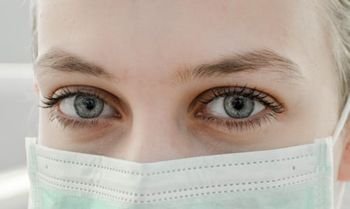
Holly Taylor, MPH, CIC: Using retired IPs can “create a little bit more bandwidth within the department when you have potentially prolonged vacancies because we do know that IP staffing vacancies last longer than other health care vacancies.”
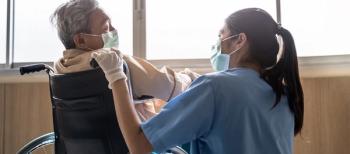
Karen Jones MPH, RN, CIC: “It’s really key to have a good written infection prevention and control plan at the hospital level but then also at the nursing home level. And what keeps that up to date? It’s an infection preventionist who’s knowledgeable, who’s been educated, who’s been trained, who’s certified.”
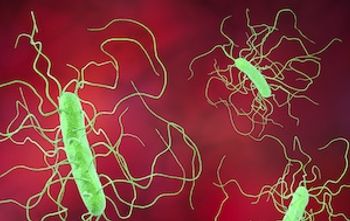
Barbara Smith, RN, BSN, MPA, CIC: “I think that we need to do a little bit more with the public in terms of antibiotic use in the community. So that they’re not at risk for C. diff for whatever reason later in their life.”

Paul Sax, MD: “It’s almost inevitable that even though we’re at very low infection rates right now that that's going to increase when the season changes, again, in the fall and winter. Coronaviruses are seasonal.”

The CDC’s Lynnette Brammer: “We always had talked about being prepared for an influenza pandemic. And being able to scale up our systems. Well, COVID scaled up our systems way more than we ever dreamed about scaling up for.”
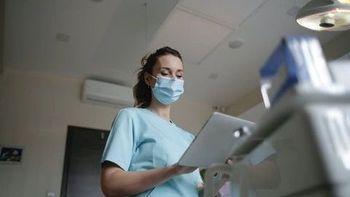
Jody Feigel, RN, MSN: “A few years ago, nobody wanted to hear from infection prevention. Now, everybody wants to hear from infection prevention.”
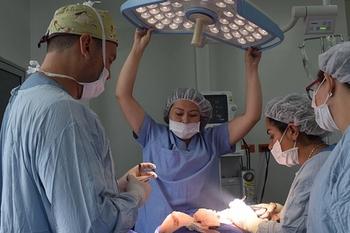
Linda Spaulding RN, BC, CIC: “It only takes you saying something a couple times that the OR knows is absolutely absurd and incorrect, and it’s going to ruin the relationship for a long time. Infection preventionists really need to take the responsibility of learning.”

Kevin Kavanagh, MD: “India has the double mutation [COVID-19] variant. That’s the variant that has two escape mutations. And that is a variant we do not need to get into the United States and have it spread. Infection preventionists need to be out there beating the drum. First in their facility: They need to get everybody vaccinated.”
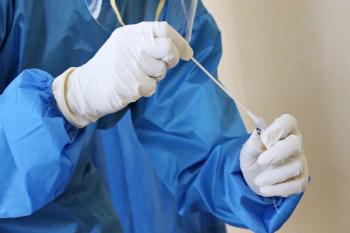
Luke Daum, PhD: “With regards to testing in the US, no other country compares to us. We do a great job in all 50 states of testing, having turnaround testing for using qPCR collection for at-home, or through the drive-through centers at CVS or Walgreens.”
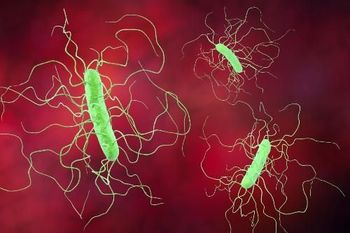
Meri Pearson, MPH, CIC: “Infection preventionists still need to do those active audits to make sure that they’re actually seeing what’s happening at the bedside.”
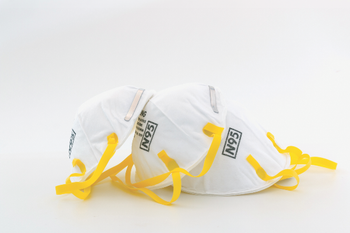
Christina Yen, MD: “For any infection preventionists who are thinking about or are reviewing the need for VHP sometime in the future, just know that those colleagues that we’ve relied on this time around are going to be there and are going to be your partners in the VHP process.”
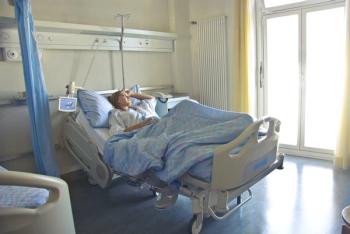
The lessons infection preventionists at the University of Mississippi Medical Center learned from an outbreak of respiratory illness at the facility’s NICU in 2019, were later used to help deal with the COVID-19 pandemic.
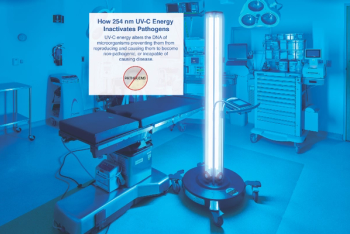
Ultraviolet light should be used in concert with traditional cleaning and disinfection procedures utilized by environmental services teams, study’s author maintains.
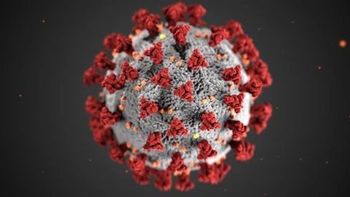
Joachim L. Schultze, MD: “We decided that the knowledge that we have in immunology, as well as in genomics and single-cell technology, should be used to understand this new disease.”
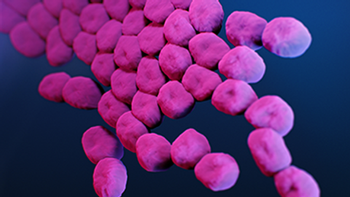
Priya Nori, MD: “The immediate thing that the health care industry has to grapple with, even as COVID hopefully starts to settle down after the mass vaccination campaign … [will be] superbugs.”
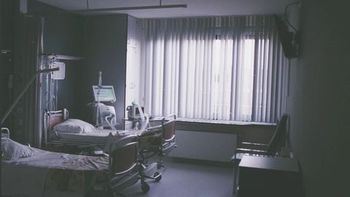
Michael L. Millenson: “The CDC will pay more attention to infections. But there’s also an asterisk here. Will Congress continue to pay attention to infections? Will the administration’s budget continue to pay attention to infections? Will the media continue to pay attention to infections?”
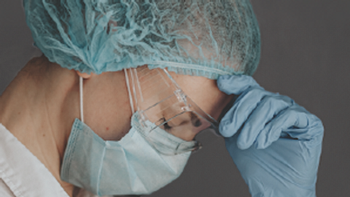
Beau Wangtrakuldee, PhD: “In the health care industry in general, small sizes are typically based on Caucasian males, so once you get to women who truly have smaller frames there are no products available for them.”
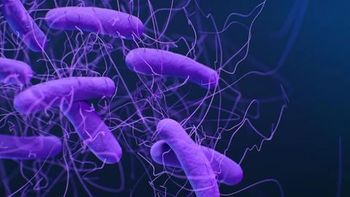
Arjun Srinivasan, MD: “There’s a lot of potential for synergy between the infection prevention program and the antibiotic stewardship program.”
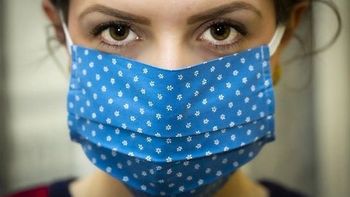
Sharon Ward-Fore, MS, MT(ASCP), CIC: "We’ve learned the hard way that restaurants, office settings, hair salons, fitness centers, and schools have really suffered for the lack of guidance by professionals like infection preventionists."
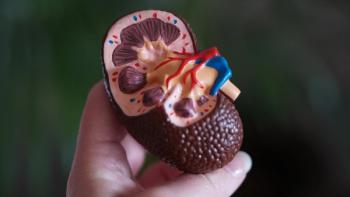
Abby Basalely, MD: “The majority of children will recover from MIS-C and we see them thriving and doing well post hospitalization if they need hospitalization for the syndrome.”
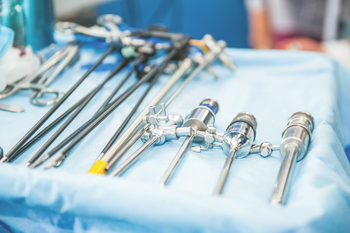
Tanya Lewis, CRCST: “I just think that infection preventionists and sterile processors should always work as a team. It should always be a team effort. It’s not them or us. It’s not sterile processing. It’s not infection prevention, but it’s us as a team. And that’s the way we’re going to keep our patients safe.”
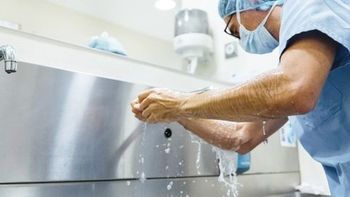
Linda S. Estep, BS MT (ASCP), CIC: “I’ve done many hand hygiene audits in my day, I still do hand hygiene audits, when I’m in the hospitals now. If they know who you are, they scatter. They know the infection preventionists.”
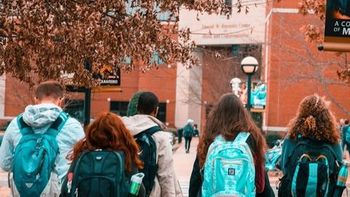
Linda Spaulding RN, BC, CIC, CHEC, CHOP: “There have been 3,104,010 cases of COVID-19 among kids between the ages of zero and 20…. That means that 13.1% of all the cases of COVID-19 that we’ve seen in the US have been children.”
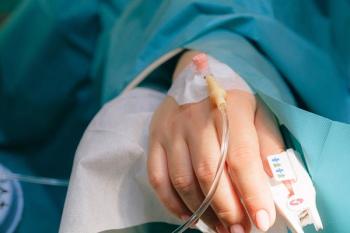
Kelly Cawcutt, MD, MS, FACP, FIDSA: “In a perfect world, vascular access teams and infection prevention teams really should be working very tightly together to optimize the practice of putting our vascular access in place.”
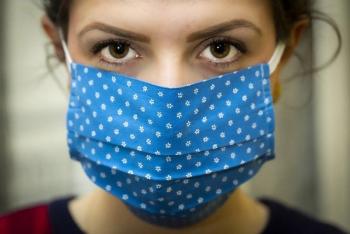
Daniel Burnett, MD, MBA: “The aerosols, the things that are the true danger and that can hang in the air for hours, depending on their size, are still released around the edges and around the nose of cloth masks. A cloth mask does very little to protect you.”
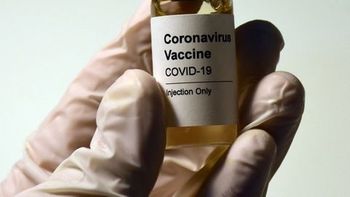
Rebecca Leach, RN, BSN, MPH, CIC: “The flu vaccine is mandated where I work. I do see a day where the COVID-19 vaccine will be mandated as well in health care facilities especially if—as we expect—COVID is not going away.”

Kevin Kavanagh, MD: “Throughout the history of evolution, and even through the history of mankind, you’ve seen species get wiped out. You’ve seen civilizations of man fall because of infections. And the thing that differentiates us from a tadpole is our science and our knowledge. And if we don’t take advantage of that….”
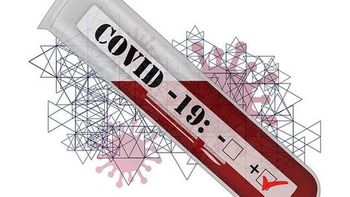
Linda Spaulding RN, BC, CIC, CHEC, CHOP: “Now the new challenge is going to be will we get definitive answers that the COVID tests that we’re currently doing will pick this variant up?”
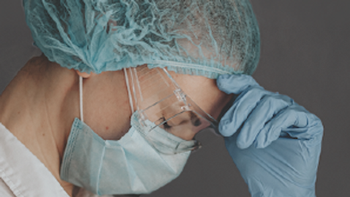
Ann Marie Pettis, RN, BSN, CIC, FAPIC: “COVID-19 just never seems to let up. And every time you think you might be making a little bit of progress, some new thing comes along, like right now with potential resistance because of mutations. You can never let your guard down.”